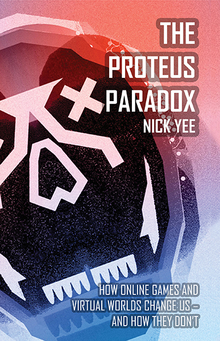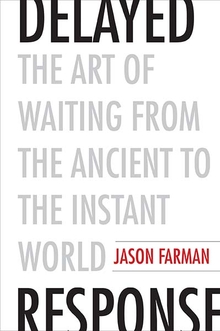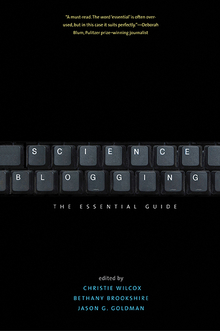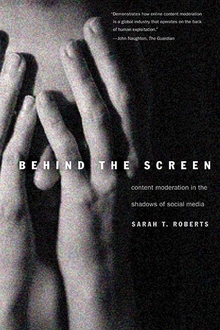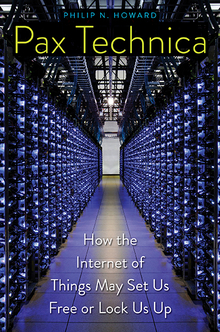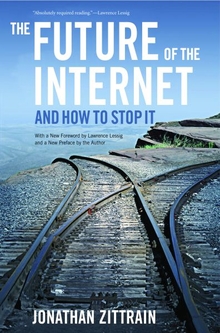The Proteus Paradox
WARNING
You are viewing an older version of the Yalebooks website. Please visit out new website with more updated information and a better user experience: https://www.yalebooks.com
How Online Games and Virtual Worlds Change Us—And How They Don't
Nick Yee
Proteus, the mythical sea god who could alter his appearance at will, embodies one of the promises of online games: the ability to reinvent oneself. Yet inhabitants of virtual worlds rarely achieve this liberty, game researcher Nick Yee contends. Though online games evoke freedom and escapism, Yee shows that virtual spaces perpetuate social norms and stereotypes from the offline world, transform play into labor, and inspire racial scapegoating and superstitious thinking. And the change that does occur is often out of our control and effected by unparalleled—but rarely recognized—tools for controlling what players think and how they behave.
"Nick Yee is responsible for the most thoughtful work on the psychology of avatars and gaming in the past 15 years. He also has a rare gift for writing compelling prose."—Jeremy Bailenson, author of Infinite Reality: Avatars, Eternal Life, New Worlds, and the Dawn of the Virtual Revolution
“Nick Yee’s fascinating new book on the human relationship to online games uses years of exhaustive studies to calmly debunk some of the persistent myths about online games.”—Leigh Alexander, The Columbia Journalism Review
Publication Date: January 7, 2014

